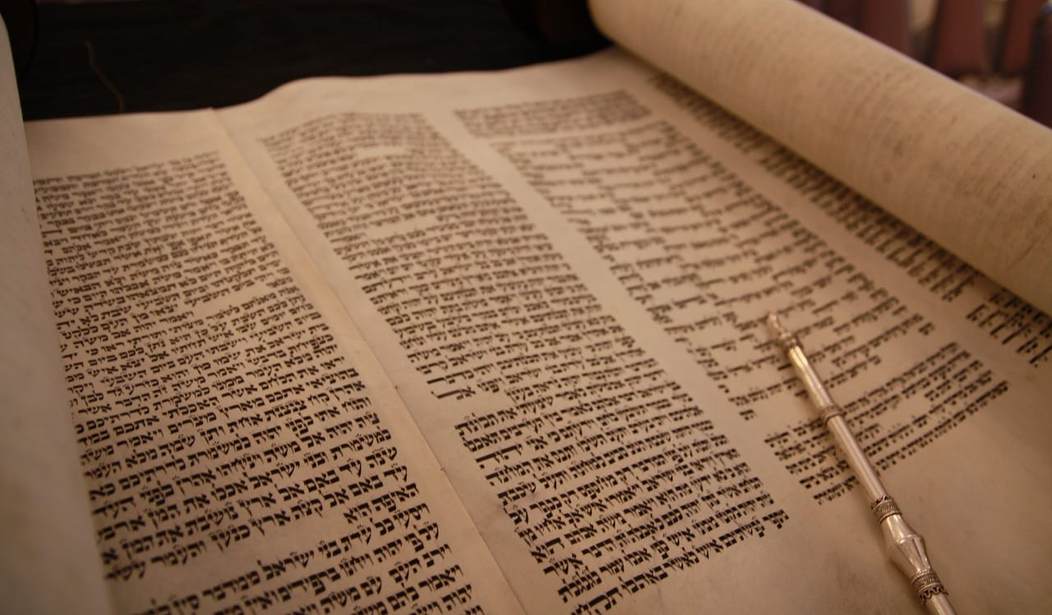Jews around the world begin reading the Book of Exodus in synagogue tomorrow. A compelling meditation on the nature of God’s intervention in history is found in the Pentateuch edition annotated with the writings of Rabbi Joseph Dov Soloveitchik, the great Orthodox Jewish thinker of the 20th century. Last year I had the privilege to review this edition at Claremont Review of Books. The review is out of the paywall now. Here is an excerpt in commemoration of the start of the second book of the Pentateuch:
If Jewish time-consciousness begins at the Exodus, what determined the timing of humanity’s rendezvous with the one Creator God? Man, not God, set the time: “God was ready to bring about the redemption,” Soloveitchik comments on Exodus 3:1, “[but] Moses however was not yet ready for his mission, so God waited. That God functions primarily through man is a basic Jewish concept. Redemption is always achieved through an agent.” As the ancient rabbis argued, God chose Abraham because Abraham had already discovered God’s existence in contemplating nature.
Failure to rise to the demands of partnership with God produces tragedy. The Exodus, begun by Moses, not God, when he killed the Egyptian overseer who beat a Hebrew slave, was a triumph; but entry into the Promised Land was in some ways tragic. Moses, writes Soloveitchik, should have led the people into the Promised Land; had he done so, he would have been the Messiah, and the subsequent tragedy of Jewish history would have been averted. But the people of Israel weren’t ready for redemption. Their failure to join Moses in his plea to enter the land betrayed their inadequacy. They preferred Aaron, the peacemaker who acquiesced in their desire to make a golden calf, to Moses, their admonisher. Soloveitchik infers this from the Biblical report that Aaron was mourned for a longer time than Moses. God forbade Moses entry into the land as punishment for striking rather than speaking to a water-giving rock. He comments (on Deuteronomy 3:22):
When he was told that he would not enter Eretz Yisrael, Moses pleaded for forgiveness. Had the people joined him in prayer, the Holy One would have been forced to respond. But they did not join. Thus, we read that with tears in his eyes Moses tells them, “Va’eschanan,” I prayed alone. It was not vanischanan, we prayed…. But God became angry and did not listen to me, “lema’anchem,” because of you.”
Soloveitchik’s interpretation is bold and original: because Israel failed to unite in opposition to God’s decree against Moses, it failed to achieve its final redemption. Man is God’s partner in the completion of Creation, and entitled to contest the judgments of the senior partner in the covenant. This interpretation is consistent with Scripture: Abraham argued with God about the destruction of Sodom and Gomorrah, and Moses changed God’s decision to destroy the Jewish people after the golden calf incident. But it assigns a striking degree of weight to the human element in the divine-human partnership.










Join the conversation as a VIP Member